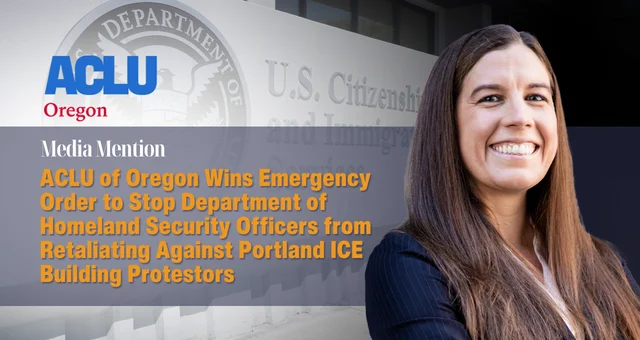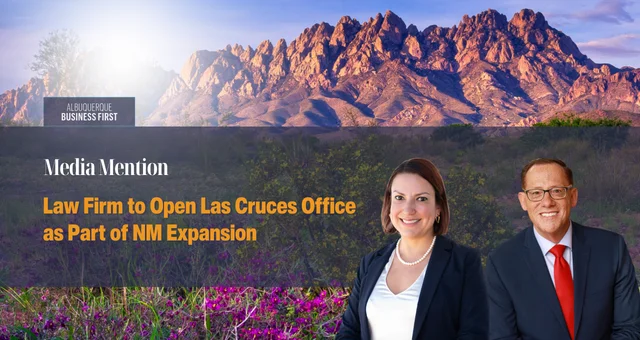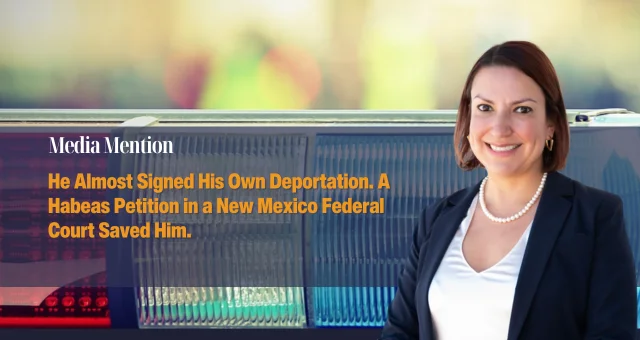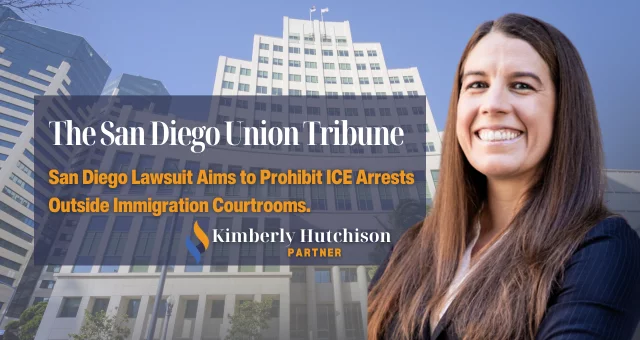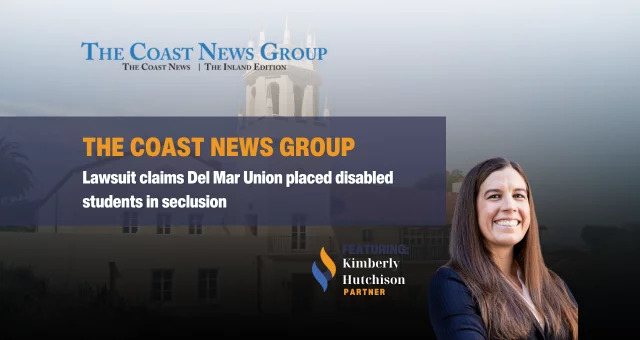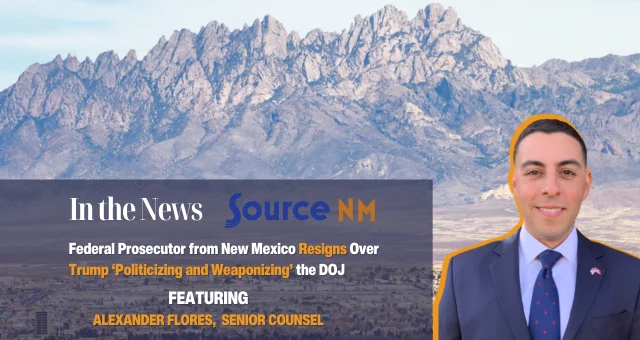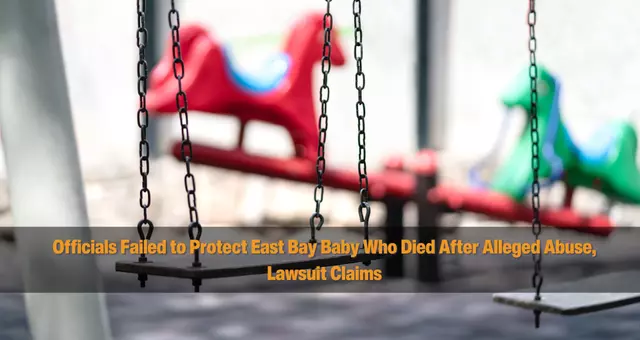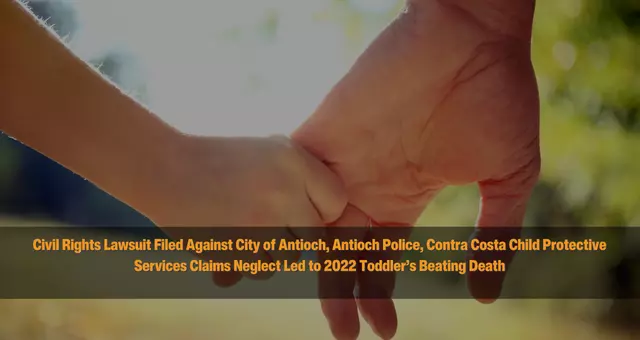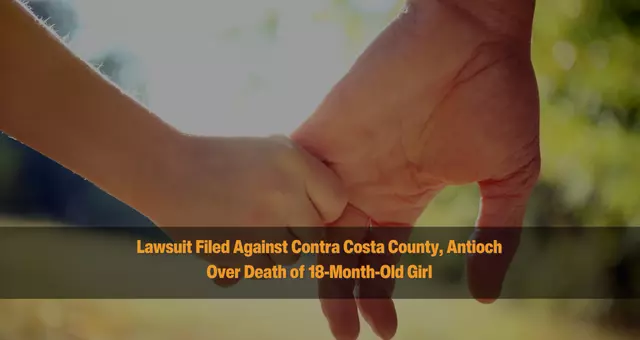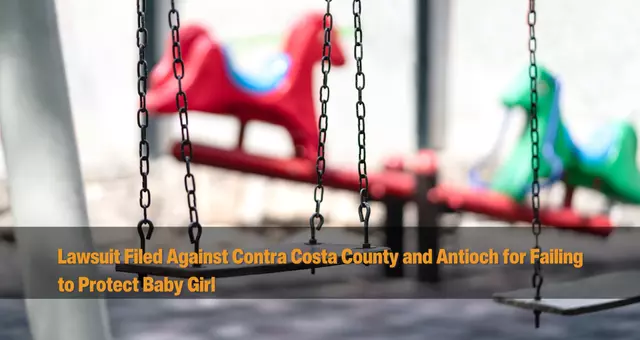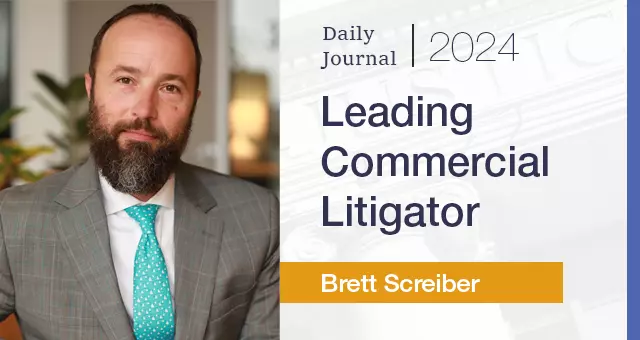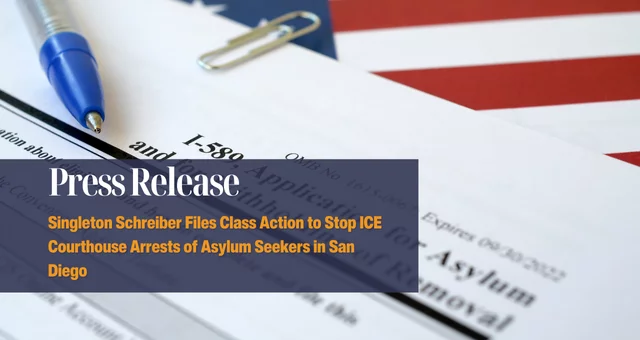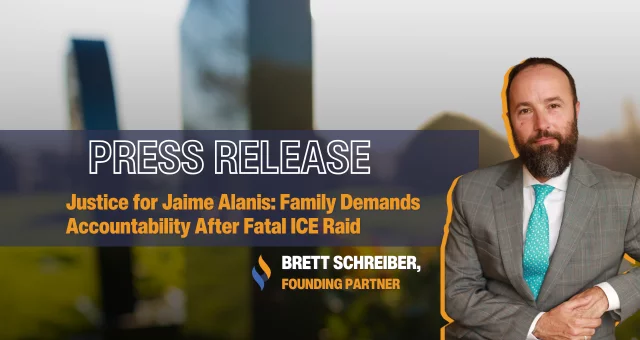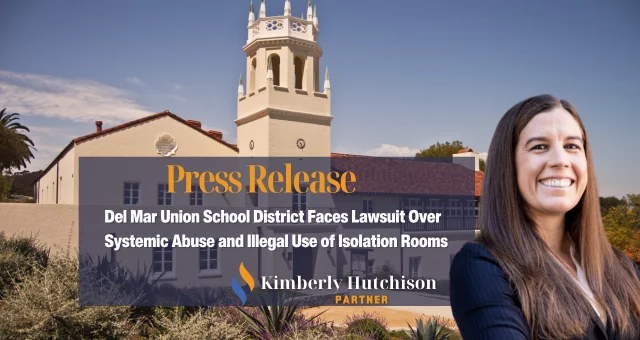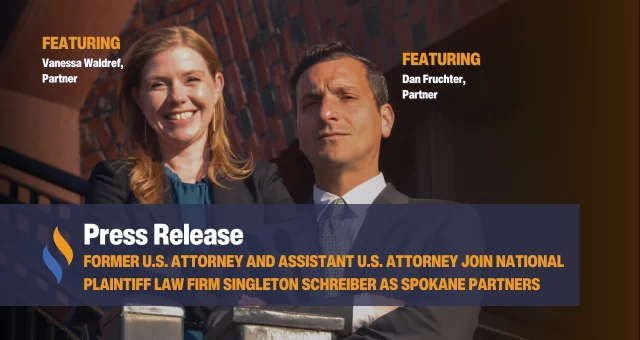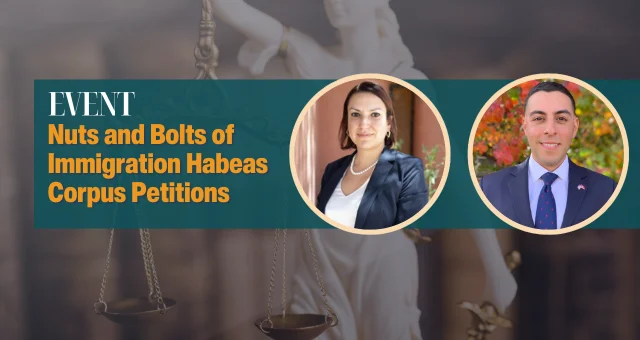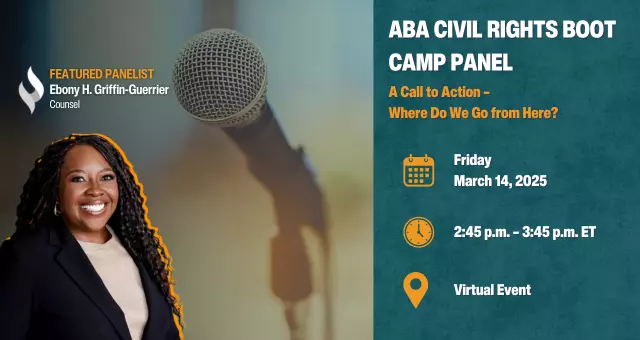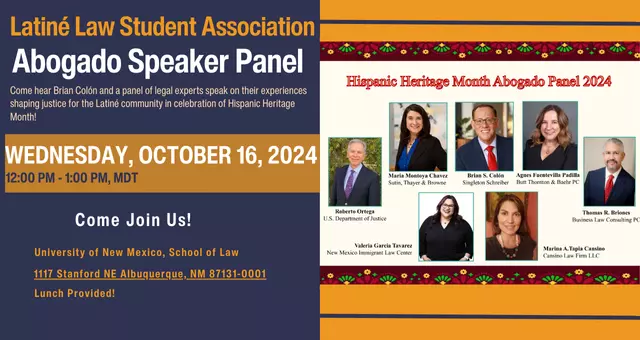Overview
Through the United States Constitution, state constitutions, and federal and state laws, citizens of the United States are guaranteed civil rights that ensure their free participation in society. These include the right to free speech, the right to due process, the right to equal protection under the law, and protection from discrimination.
The Singleton Schreiber team has successfully handled a broad range of cases to protect and enforce civil rights. Civil rights include:
First Amendment Rights
The First Amendment generally prohibits federal, state, and local government officials, and sometimes private entities that operate like government actors, from infringing on the freedom of speech or of the press. This amendment also secures the right to engage in peaceful protests and public gatherings, along with the right to make a complaint against — and ask for assistance from — the government.
Fourth Amendment Rights
The Fourth Amendment generally forbids government officials from conducting unreasonable searches and seizures, illegal detentions, and false arrests. Police brutality, excessive force, and other types of police misconduct fall under this amendment. Challenges to search warrants and arrest warrants are also covered by the Fourth Amendment.
Fifth Amendment Rights
In addition to protecting our right to remain silent in criminal matters and other important rights, the Fifth Amendment requires federal officials to provide due process to individuals, including those who have been arrested or are in federal custody while awaiting trial. Under this amendment, for example, federal officials are not allowed to ignore the serious medical needs of arrestees or pretrial detainees.
Eighth Amendment Rights
The Eighth Amendment prohibits cruel and unusual punishment of people who have been convicted of a crime. Under this amendment, state and federal officials are prohibited from intentionally injuring a prisoner or ignoring a prisoner’s serious medical needs.
Fourteenth Amendment Rights
Just as the Fifth Amendment applies to federal officials, the Fourteenth Amendment applies to state officials. This amendment prohibits state officials from denying due process to individuals, which may include, for example, not providing medical care for the serious medical needs of individuals who have been arrested but not yet convicted by state officials. In addition, this amendment prohibits state officials from interfering with family relationships by, for example, causing a wrongful death or by wrongfully
removing children from the care of their parents.
Federal & State Laws
Several federal and state laws, in addition to the Bill of Rights, also protect civil rights. Some examples include the:
- Civil Rights Acts of 1866, 1964, and 1991
- Americans with Disabilities Act
- Family and Medical Leave Act
- California Unruh Civil Rights Act
- California Bane Act
- California Labor Code
Most Common Types of Civil Rights Cases
At Singleton Schreiber, we represent victims who have experienced all types of civil rights violations. Common civil rights violations include discrimination and police misconduct.
Discrimination
Federal laws grant you the right to be free from discrimination based on your race, color, religion, national origin, sex, disability, or family status. California law prohibits discrimination based on these traits as well as discrimination based on military/veteran status, sexual orientation, gender identity/expression, and age, among others. If you believe you’ve been discriminated against because of one of these traits, you may be
entitled to damages and, in some instances, an order prohibiting the discriminatory conduct.
Police Misconduct
Police officers, like the people they serve and protect, must follow the law. Because our society gives law-enforcement officers the power to take away liberty and, in some instances, take away life, it is essential to hold bad actors accountable.
One our experienced civil rights attorneys can help you seek justice if you believe you
were:
- Unlawfully detained or falsely arrested
- Subjected to an unlawful search or seizure
- A victim of excessive force or another type of police misconduct
If you need help because you think your civil rights have been violated, contact us today to speak with an attorney who can help.
Case Results
News & Insights
News
Press Releases
Events
Qualified Immunity
Qualified Immunity is a legal doctrine that shields government officials, including law enforcement officers, from personal liability for actions performed within their official capacity, unless their conduct violates clearly established constitutional rights. It aims to strike a balance between protecting government officials from harassment and ensuring accountability for misconduct. Critics argue that it often shields officials from accountability, allowing abuses of power to go unchecked. The doctrine has faced scrutiny in cases of alleged police misconduct, where victims seek legal recourse. The debate around qualified immunity continues to spark discussions on police reform and the need for a fair and just legal framework that upholds both individual rights and the accountability of public officials.
Practice Team
- Gerald Singleton
- Mark Fleming
- Kimberly Hutchison
- Brian S. Colón
- Brett Schreiber
- John Lemon
- Elizabeth Aniskevich
- Liam Barrett
- Shani Butler-Anderson
- Zakia B. Chamberlain
- Lauren Cusitello
- Stephen Demik
- Alexandria Drake
- Daniel Fruchter
- Ebony H. Griffin-Guerrier
- Letitia Johnson
- Taylor Marrinan
- Jessica H. Meeder
- Marisa Ong
- Zachary Pangares
- Justin Smith
- Treasure Sutton

